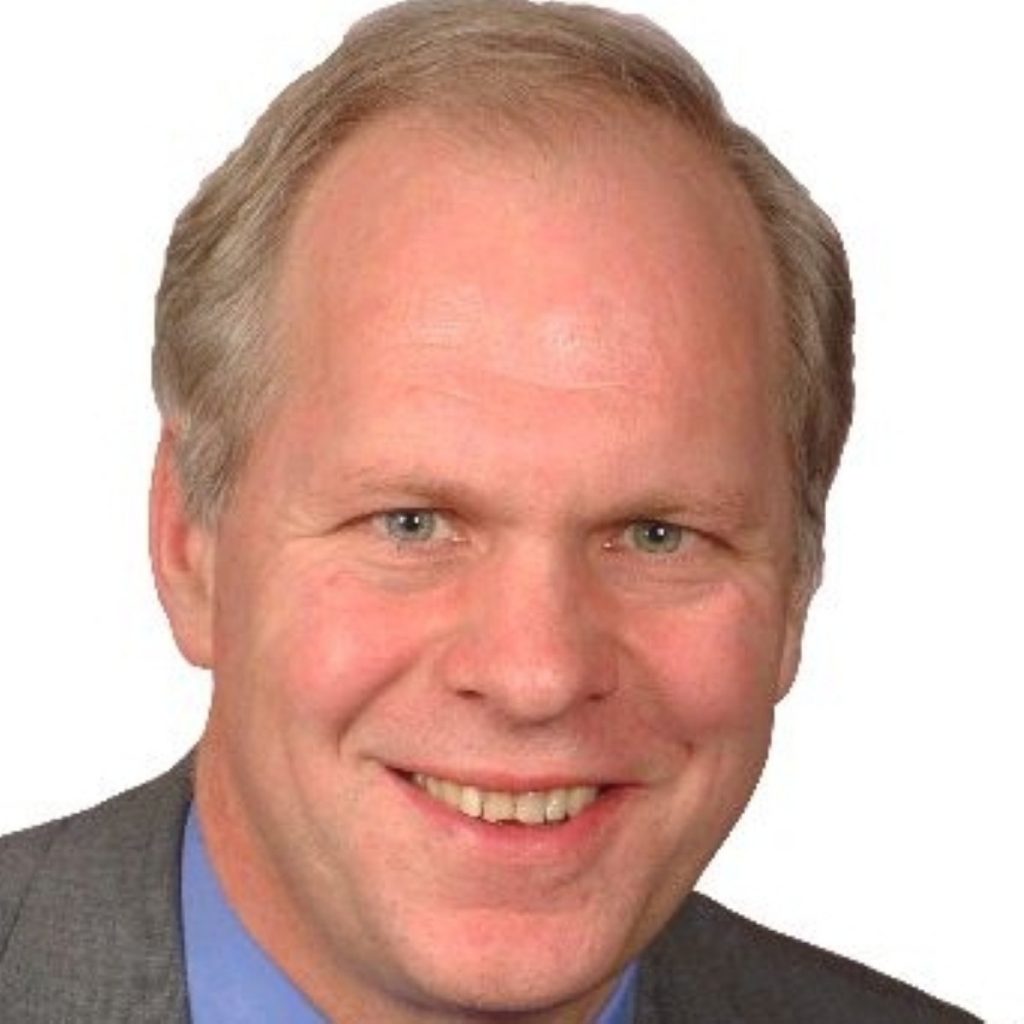Comment: We must level the playing field for charities
Charities that take on NHS services should not be hit with a VAT hike.
By Nic Dakin MP
Under current legislation, the NHS is able to recover Value Added Tax on non-business supplies, yet the charity sector is not. In the rhetoric of the ‘big society’ the government appears optimistic that the voluntary and community sector will take a larger role in society through the delivery of public services. This offers opportunity for new types of service delivery building on the best that already exists. Estimates suggest that the total spend by PCTs on outsourcing to third party service providers – a significant proportion of whom will be charities – is around £80 billion per annum. But we must not expect charitable agencies to do this for free or effectively subsidise government from charitable donations. My ten minute rule bill is designed to begin to level the playing field.
Healthcare charities such as hospices have a strong history of building relations with local communities and government to provide care for people nearing the end of their lives. This applies to independent hospices and larger hospice providers such as Marie Curie and Sue Ryder.


For example Lindsey Lodge Hospice provides a wide range of services for people living with life limiting conditions such as cancer, multiple sclerosis and motor neurone disease. Over 300 volunteers from the local community donate their time and skills to support the work of the hospice. And many more make voluntary financial contributions.
It will cost Lindsey Lodge Hospice almost £2 million to provide its services this year. Two-thirds of this will come directly from the local community through fundraising, legacies and donations. This funding picture is typical of the majority of hospices with varying proportions of voluntary funds required. Charities – such as Lindsey Lodge Hospice – do not operate within a vacuum but within their community context in partnership with local government, health and other agencies. These partnerships are what create the climate for success. On average, adult charitable hospices receive 32% in statutory funding and they provide 80% of palliative in-patient beds in the UK.
The passage of my bill would show that the government is serious about recognising the importance of charitable services such as these. Under current rules if services are transferred from the NHS to charities, their VAT bills will increase. This provides a VAT dividend to the Treasury from charities at the point of transfer. This clearly isn’t fair.
Currently when services are transferred from the NHS into the charitable sector, allowances for irrecoverable VAT are not made in the contract. This finds the charity in the perverse situation of having to cover VAT costs with charitable donations. Any efficiency savings finance the VAT gap first before benefiting patients and their local community.
A recent example of this can be seen in the transfer of services from an NHS hospice to the charity Sue Ryder in West Berkshire. Services are due to begin transferring to the charity on April 1st.
The transfer will result in streamlined palliative and end-of-life care services for all of those living in the area. The hospice will work alongside Sue Ryder’s existing hospice in the area to provide integrated services.
Sue Ryder projects efficiency savings of £0.3 million in the first year. Yet these efficiencies will not all be invested in improvements in service delivery. Half of the savings will be swallowed up by the Treasury as a result of the new VAT burden placed on the charity that was not there for the NHS as a provider.
As the economy stagnates or contracts and consumer confidence falls there is a very real danger that charities will be hit by decreasing donations and cuts in local and national government grants. This is not the time to punish those forward thinking charities who are willing to expand their services into new, innovative areas formerly delivered by the NHS.
It is – of course – unrealistic to ask the Treasury to write a blank cheque and allow all charities providing NHS services to recover VAT. But it is realistic to look forward and level the playing field. The proposals in this bill will not cost the government anything different from the costs currently in the system. If the government is serious about this aspect of ‘big society’ thinking it should welcome these proposals – supported as they are across all sides of the House. Transfers of services to the charitable sector should not bring a tax dividend to the Treasury but an innovation and investment dividend to patients and their local communities.
The government should stop this problem from worsening by allowing those charities that have services transferred to them in the future to recover the same VAT on non-business supplies as the NHS. These proposals are cost neutral. In the prime minister’s Daily Telegraph article of February 20th, he said that the government will still have a “crucial role to play [in] ensuring fair funding”. I am, therefore, sure that he will want to look at this funding anomaly.
In order to address this anomaly the government should amend Section 41 of the VAT Act to include charities. Or look to form a compensation scheme for those taking on NHS services. This would create a level playing field in VAT between charities and the NHS.
As it stands, the Treasury is set to make money from charities that choose to take on public services. Sue Ryder calls this “an unintended consequence of the ‘big society’ and public service reform agendas”. It is effectively a tax on the transfer of services from the NHS to the charitable sector. My ten minute rule bill is designed to put right this wrong.
Nic Dakin is the Labour MP for Scunthorpe.
The opinions in politics.co.uk’s Speakers Corner are those of the author and are no reflection of the views of the website or its owners.












